TEHRAN(Bazaar) – Professor Frank N. von Hippel, former assistant director for national security in the White House Office of Science and Technology, says Europe and the United States do have a consensus on sanctions on certain large Russian banks.
He adds “the EU gets about 40% of its gas and 25% of its oil from Russia. The next eight months will be warmer. If Russia cuts Europe off, there would be some disruption but also time to arrange for alternative supplies.”
Following is the text of the Bazaar interview with Professor Frank N. von Hippel.
Bazaar: What are the economic consequences of the Ukraine crisis for Russia and Europe? Will Europe not face the problem of energy imports?
Frank N. von Hippel: I don’t know yet whether Russia will try to cut off Europe or whether Europe will stop paying Russia. Overall, the EU gets about 40% of its gas and 25% of its oil from Russia. The next eight months will be warmer. If Russia cuts Europe off, there would be some disruption but also time to arrange for alternative supplies.
Bazaar: Following the Russian invasion of Ukraine, the United States announced the possibility of Russia cutting ties with Swift. What effect will the severance of Russia from Swift have on Russia's foreign trade and to what extent will it affect its economy?
Frank N. von Hippel: I gather the impact on Russia would be severe. My understanding, however, is that the Europeans have not yet agreed to take this step.
Bazaar: Europe imports energy from Russia. Russia's disconnection with Swift will make it difficult for European countries to import fuel from Russia. In such a case, is it possible that the United States will not impose sanctions on European energy imports from Russia?
Frank N. von Hippel: I don’t think that the US will sanction Europe for energy imports from Russia. But I do expect Europe to look for other sources of gas (LNG) and oil to the extent possible. That may not hurt Russia that much if China is willing to buy what Europe does not buy. But it will make Russia more dependent on China.
Bazaar: Russia has established the System for transfer of financial messages (SPFS), a Swift-independent financial system since 2015. There are about 20 Russian banks operating in the SPFS, and it seems that the presence of foreign banks in it is also needed at the moment. Can this system smooth Russia's foreign trade?
Frank N. von Hippel: That is interesting. I did not know that and cannot judge how effective this alternative could be.
Bazaar: Germany has good economic relations with Russia and opposes extensive sanctions against Russia. Does Europe have a consensus on sanctions against Russia?
Frank N. von Hippel: Europe and the United States do have a consensus on sanctions on certain large Russian banks; and personally on President Putin, Foreign Minister Lavrov and the Russian oligarchs who have bought homes in London and elsewhere and like to take their vacations abroad. I think that they also have agreed to not allow the export of advanced electronic “chips” that can be used in Russian military equipment.
I would like to add my personal view that Russia’s invasion of Ukraine is a tragic development. The fact that it has happened in Europe, which has been in the center of two devastating World Wars, makes it more serious. Russians know as well as any people what devastation a war can bring. That President Putin has threatened to use nuclear weapons if other countries help Ukraine raises the potential for a global catastrophe. The large demonstrations in Russian cities against the war despite the demonstrators expecting to be beaten and imprisoned show how shocked a large fraction of the Russian public is by Putin’s action against a neighboring friendly country where many Russians have family members. Ukraine’s crime appears to be that it opted in 2014 to align itself with a democratic Western Europe rather than Putin’s increasingly autocratic and corrupt Russia.

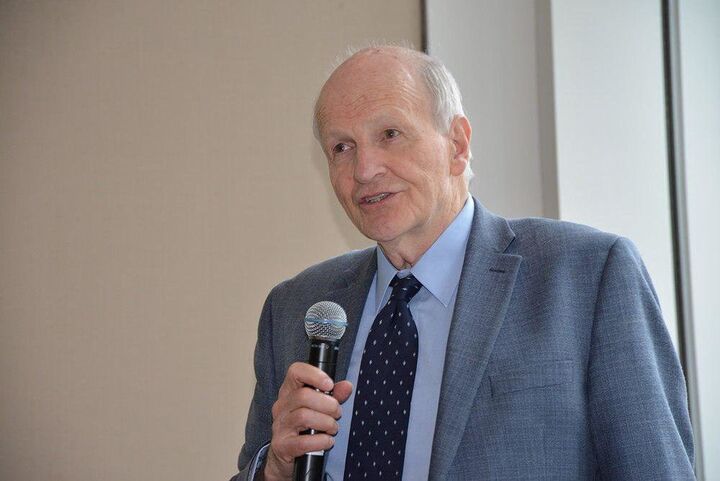




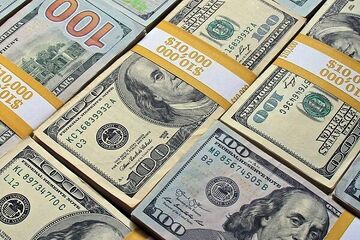
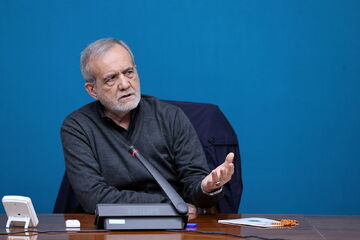
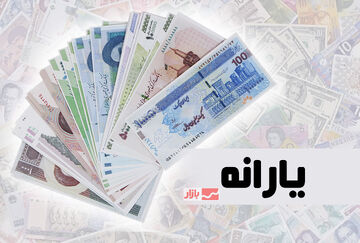

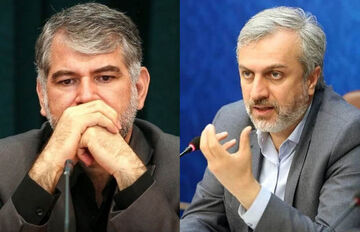

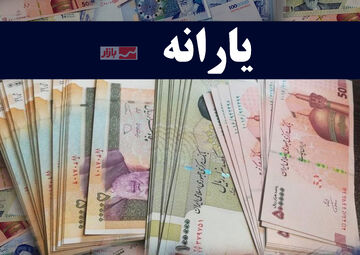
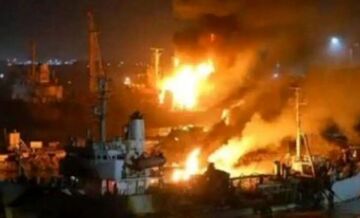
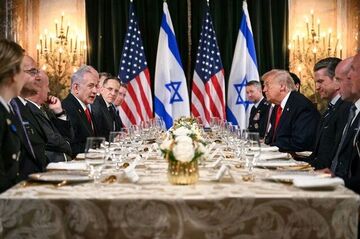
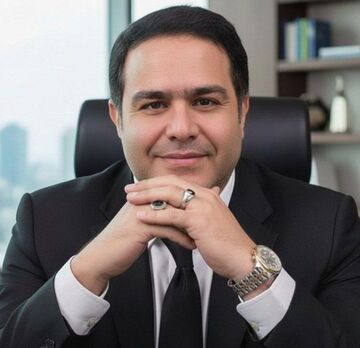
نظر شما